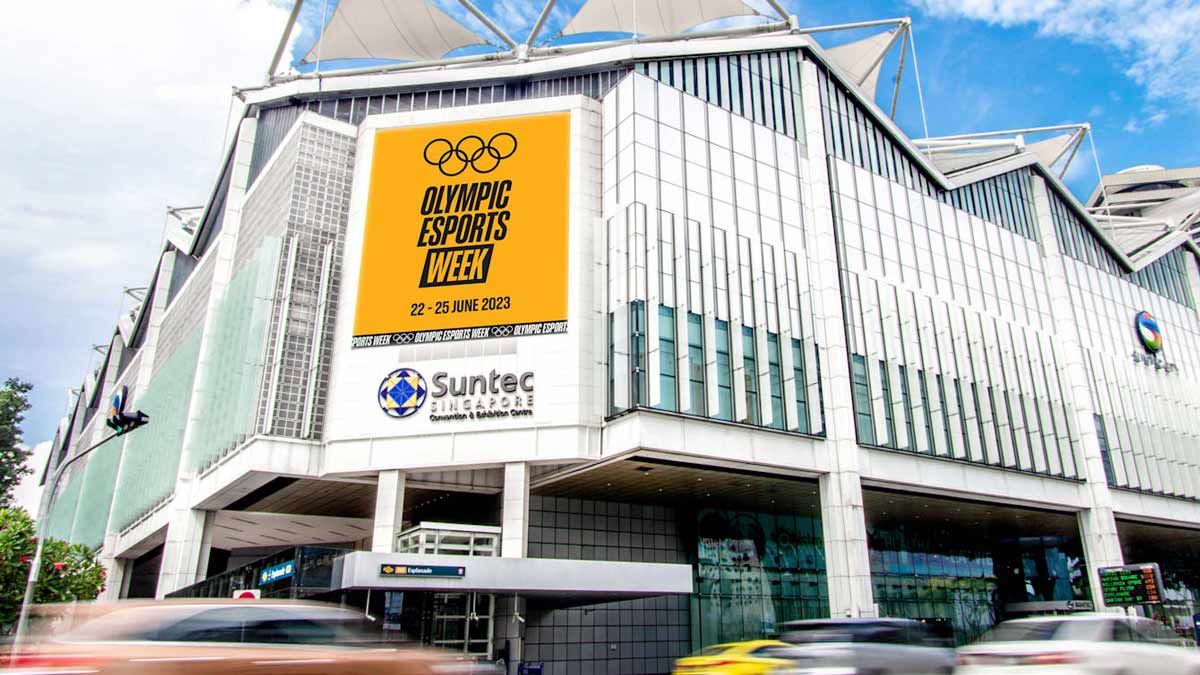
Antigua and Barbuda, which licenses Internet gambling companies, has waged a long battle in the WTO over U.S. efforts to keep Americans from patronizing offshore betting sites. Last week's shutdown of the three biggest online poker sites has Antigua and Barbuda officials ready to tangle angle.
Antigua and Barbuda contends U.S. crackdowns against foreign betting sites are illegal and protectionist, since gambling for money is permitted in U.S. casinos and since online betting is allowed for state-regulated horse racing in the United States.
On the other hand, Antigua-based Absolute Poker, hasn't agreed to that offer and are still allowing players to access their site and play. They may still be evaluating their options. They seem to have the support of Antigua and Barbuda.
Antigua's finance minister, Harold Lovell, issued a statement on Wednesday calling the shutdown an illegal attempt to squelch competition.
The WTO ruled in 2005 that the United States violated international agreements on trade in services by prosecuting the operators of offshore Internet gambling sites. The WTO rejected the U.S. argument that the restrictions were necessary to protect public morality.
Antigua claimed it was losing $3.4 billion a year because of the U.S. ban, but the WTO put the figure at $21 million. In 2007, it said Antigua could retaliate by suspending that amount annually in intellectual property rights held by U.S. firms.
Government officials from the Caribbean nation are meeting this week to discuss whether to go back to the WTO to seek more sanctions against the United States because of the poker shutdown.
The U.S. prosecutors said they shut down the sites because the owners laundered money and conducted fraudulent transactions. Mendel, Antigua's lawyer, said the United States illegally blocked them from using regular credit cards and banking services.







